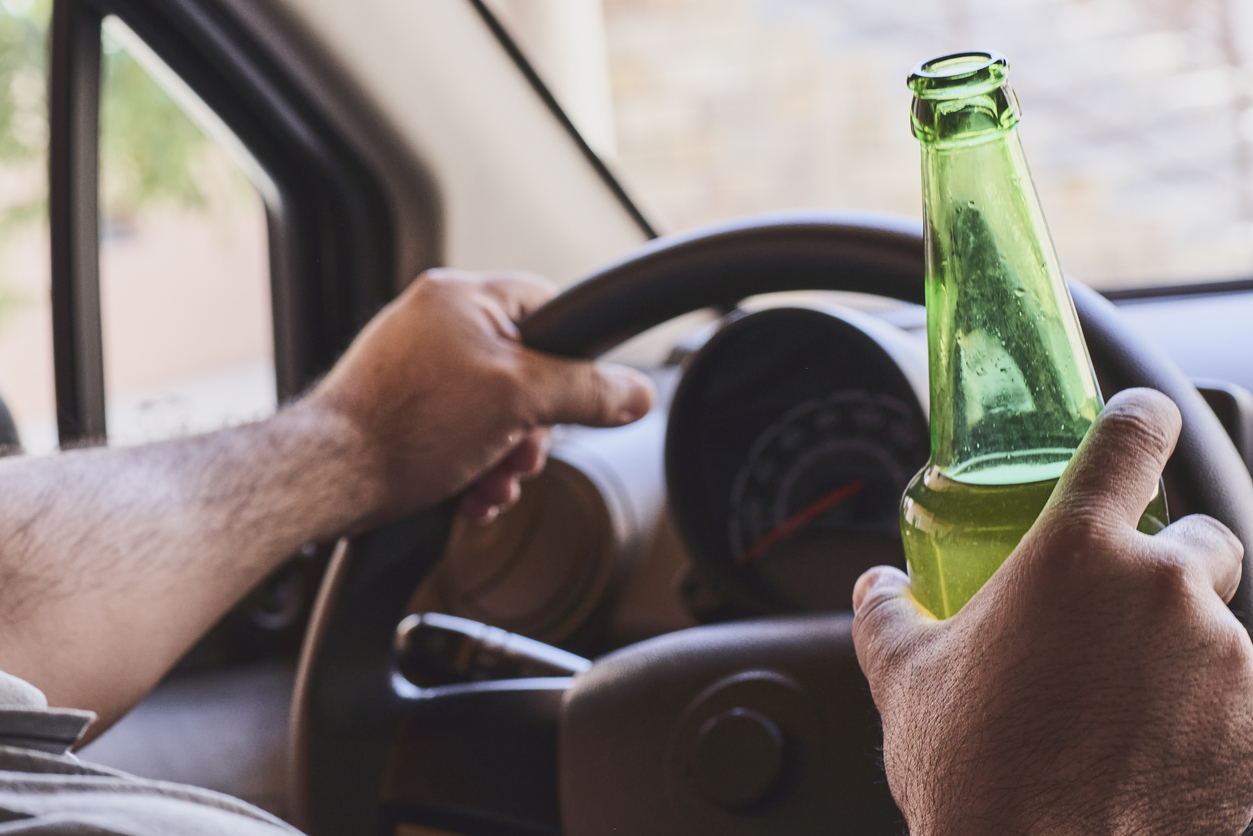What You Need to Know About Florida’s DUI Laws and Penalties
Bill Allen | April 27, 2021 | Florida Law

Florida has a drunk driving problem. Florida’s rate of drunk driving and the number of deaths caused by drunk drivers in Florida exceed the national averages. As a result, Florida has strict laws and harsh penalties for driving under the influence of drugs or alcohol.
Strong enforcement has Florida’s DUI numbers moving in the right direction. Florida’s law enforcement officials will likely continue to enforce the DUI laws strictly for as long as DUI numbers decline.
Here are the important things that you should know about Florida’s DUI laws and penalties.
Drunk Driving in Florida
Florida has a reputation as a party state. Florida gets the second-highest volume of tourists after California. While on vacation, tourists might drink too much and end up driving under the influence.
But Florida cannot blame its DUI problem entirely on tourists. Residents have ready access to alcohol in bars, grocery stores selling alcohol, and specialty stores.
Legal Elements for DUI in Florida
A prosecutor must prove two elements to convict someone of DUI in Florida: Physical control of a vehicle and being under the influence of alcohol.
Driving or Actual Physical Control
A person must be driving a vehicle or in “actual physical control” of a vehicle for the laws to apply. If an officer sees the driver controlling the vehicle while it’s in motion, the prosecution can prove this element.
But if officers find the driver asleep in a parked vehicle, the case becomes more difficult. In Florida, courts usually interpret “actual physical control” to mean the practical ability to control the vehicle.
If the driver has the keys and is sleeping inside the car, the driver probably has the practical ability to control the vehicle. If the driver had the keys in their pocket but was sleeping outside of the car, the driver probably lacked the practical ability to control the vehicle.
Under the Influence
Prosecutors must show that the driver was under the influence of drugs or alcohol.
The law gives prosecutors three ways to prove this:
- Impaired faculties
- Blood test over 0.08% blood alcohol content (BAC)
- Breath test over 0.08% BAC
If an officer observes a driver violating traffic laws, the officer does not need a blood or breath test to prove impairment. But since bad driving is subjective, prosecutors usually prefer a blood or breath test to back up the DUI charges.
If the blood or breath test shows a BAC over 0.08%, the driver has committed a DUI, even if they did not commit any moving violations. A BAC over 0.08% usually means an automatic conviction for the driver.
Penalties for DUI in Florida
The penalties for DUI in Florida have several parts, including:
- Incarceration
- Fine
- Ignition interlock device
- Probation
- Substance abuse treatment
- Vehicle impoundment
- Driver’s license suspension
The severity of each of these penalties depends on several factors. But the number of prior offenses will have the greatest influence on the sentence.
First Offense
For a first offense, the court can sentence a driver to up to six months in jail and issue a fine between $500 and $1,000. If the driver’s BAC exceeded 0.15% or the driver had a child in the vehicle, the judge can increase the sentence to up to nine months in jail and a fine between $1,000 and $2,000.
The offender’s driver’s license will be suspended for at least 180 days for a first offense.
The vehicle used in the DUI will be impounded for 10 days, unless the vehicle is the family’s only source of transportation.
Finally, the court will require the driver to undergo a substance abuse evaluation and complete drug or alcohol treatment. Attending treatment is usually a condition of probation after the driver is released from jail.
Second Offense
A court can sentence a driver to up to nine months in jail and a fine between $1,000 and $2,000 for a second offense. If the driver’s BAC was over 0.15% or a child was riding in the vehicle, the judge can increase the sentence to up to 12 months in jail and issue a fine between $2,000 and $4,000.
Beginning with the second offense, mandatory minimum jail sentences kick in. If a driver receives a second DUI within five years of a first DUI, the judge must sentence the driver to at least 10 days in jail. A second offense could also result in a driver’s license suspension for up to five years if it happened within five years after a first offense.
Also, a driver with multiple DUIs must install an ignition interlock device on their vehicle for one year. This device prevents the car from starting until the driver passes a breathalyzer test.
The vehicle used during the DUI will be impounded for 30 days. The driver must complete drug or alcohol treatment while on probation after release from jail.
Third Offense
A judge can sentence a driver to up to 12 months in jail and issue a fine between $2,000 and $5,000 for a third offense. If the third DUI was within 10 years of the second DUI, the driver could lose their license for up to 10 years. The vehicle will be impounded for 90 days.
Fourth and Subsequent Offenses
For a fourth or subsequent offense, the court must sentence the driver under Florida’s habitual offender law and may impose up to five years in prison.
DUIs that Cause Death or Injury
If the impaired driver causes a car accident that results in an injury or death, the driver could be charged with assault or homicide and spend years in prison, even on a first offense.
What to Do After a DUI Accident
If you are involved in a DUI accident, stay at the accident site until the police arrive. If you are the impaired driver, leaving the scene of the accident could result in hit-and-run charges on top of DUI charges.
If you are the victim, get as much information as possible from the impaired driver. Although Florida uses a no-fault insurance system, you can sue the impaired driver if your damages exceed your insurance policy limits and your injury qualifies under Florida’s tort exemption.
Contact Our Car Accident Law Firm in North Central Florida
If you need legal assistance, contact the Gainesville car accident lawyers at Allen Law Firm at your nearest location to schedule a free consultation today.
We have two convenient locations in North Central Florida:
Allen Law Accident & Injury Lawyers – Gainesville office
2550 SW 76th St #150
Gainesville, FL 32608
(877) 255-3652
Allen Law Accident & Injury Lawyers – Ocala Office
112 S Pine Ave
Ocala, FL 34471
(352) 351-3258

